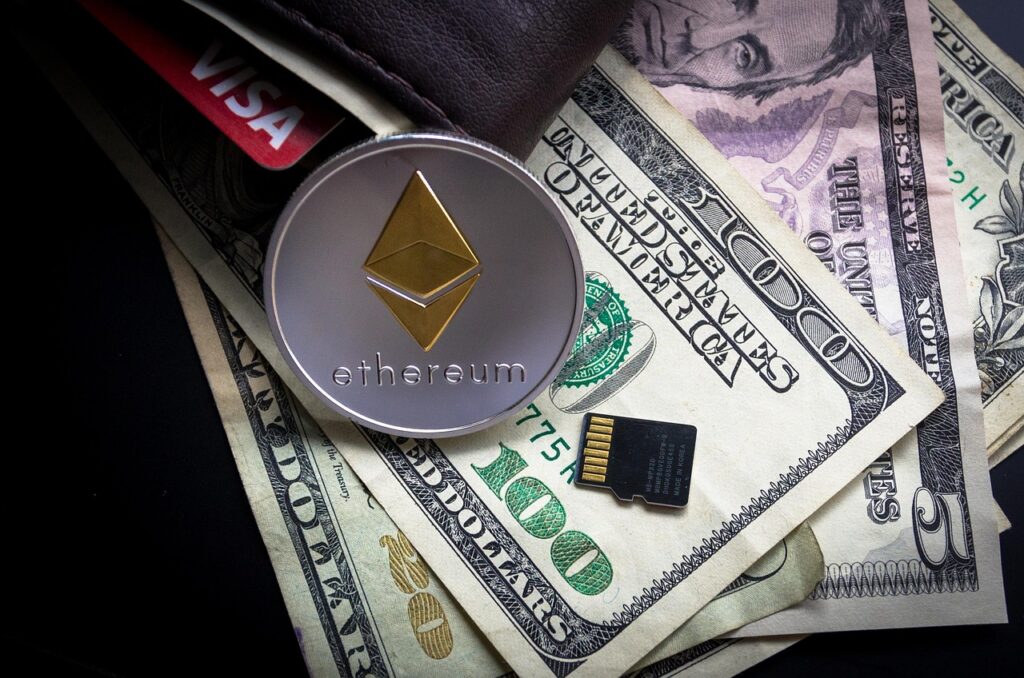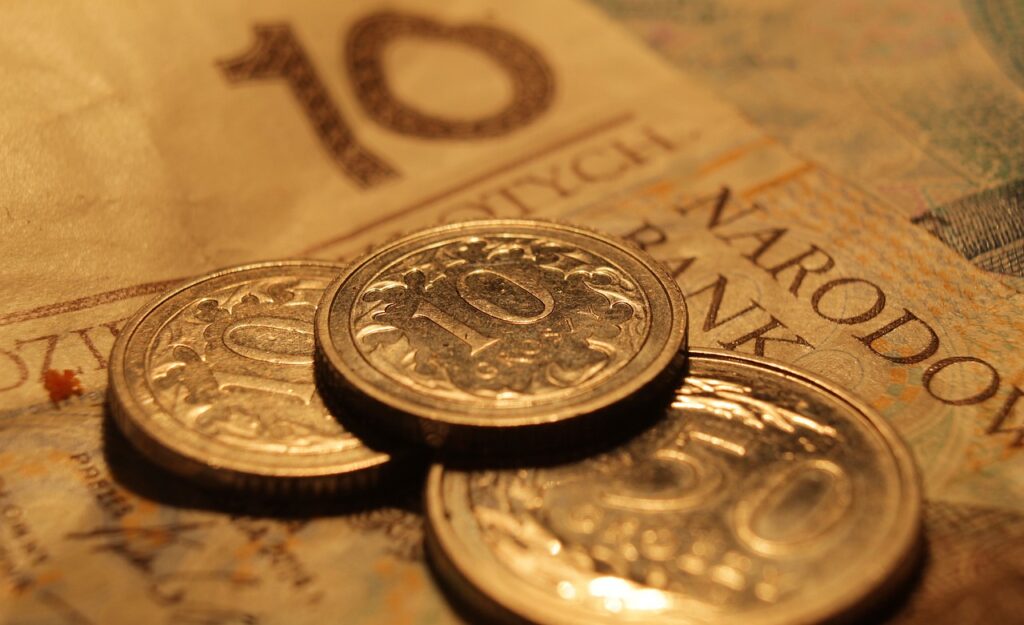The last decade has seen a massive explosion in the world of cryptocurrency. What began as a niche technology experiment is now a global financial revolution. However, as Bitcoin, Ethereum, and thousands of other digital currencies become normalized, governments everywhere are racing to keep up with how to regulate this fast-moving space.
In this post, we’ll take a world tour of crypto regulations around the globe. We’ll showcase how different countries treat cryptocurrency and what’s okay, what’s not, and how any of this may impact you as a trader, an investor, or a business.
Whether you’re a crypto enthusiast or just trying to remain in good standing with compliance in your jurisdiction, understanding cryptocurrency regulations around the world is critical.
Table of Contents
- 1 The Importance of Crypto Regulation
- 2 United States: A Work in Progress
- 3 European Union: Establishing Standards Across Borders
- 4 United Kingdom: Regulation For Security
- 5 Canada: Friendly But Cautious
- 6 Australia: Embracing Regulation
- 7 Japan: A Tough-Loving Bastion
- 8 South Korea: Serious about Security
- 9 China: Ban and Build
- 10 India: Gray Zone
- 11 Bitcoin Promoting Country in El Salvador
- 12 United Arab Emirates: Crypto Innovation Hub
- 13 Cryptocurrency Regulations Around the World: A Comprehensive Summary
The Importance of Crypto Regulation
Before we get into the global picture, it’s important to articulate the significance of crypto regulation around the world.
Cryptocurrency was created to be decentralized and borderless. This is part of what makes cryptocurrency appealing, but it has its challenges as well:
- Consumer protection – There are many scams and hacks, particularly without regulation in place.
- Money laundering – Cryptocurrencies might be used to hide money or avoid paying taxes.
- Market stability – Governments are concerned about the financial systems being disrupted by volatile, unregulated digital assets.
- Legal clarity – Investors and companies want to know what they can get away with and determine if it is safe to jump into the pool.
Therefore, while many diehard crypto fans may feel that regulation is a dirty word, most would agree that smart and clear regulation is better than complete chaos or outright prohibitions.
United States: A Work in Progress
The U.S. economy is one of the largest crypto markets in the world, but it is still a work in progress in developing a regulatory environment. Yet various types of government agencies have some oversight over parts of the crypto space:
- SEC (Securities and Exchange Commission) – Regulates crypto assets that are securities and has brought enforcement actions against pretty much every token project.
- CFTC (Commodity Futures Trading Commission) – Regulates crypto derivatives and views Bitcoin and Ethereum as commodity products.
- FinCEN (Financial Crimes Enforcement Network) – Provides oversight for anti-money laundering for exchanges and wallet providers.
In Congress, there is also a burgeoning momentum for doing more comprehensive crypto legislation. For now, the legal landscape in the U.S. remains fragmented and nebulous.
Key takeaway: Crypto is legal but under intense scrutiny. Regulation is tightening.
European Union: Establishing Standards Across Borders
The European Union has been positioned at the forefront of cryptocurrency regulation to provide harmonization for its 27 countries.
The real game changer was the passing of MiCA (Markets in Crypto-Assets Regulation) in 2023.
Mica expands on:
- Licensing requirements of all crypto service providers.
- Consumer protection for crypto users.
- Stablecoin rules.
- AML (Anti-Money Laundering) rules.
MiCA is considered a middle ground- it creates legal certainty along with enabling innovation.
Another takeaway: The EU is set to create global standards for crypto regulations, with clear and exhaustive rules.
United Kingdom: Regulation For Security
As the UK left the European Union, the UK prepared to pursue its regulatory system designed for cryptocurrencies.
In sequence, it has:
- The FCA would be required to monitor the conduct of crypto companies and require those companies to be registered and to comply with AML.
- Advertising rules have been tightened so consumers cannot fall for risky or misleading promoters.
- The government wants to set up a full framework of crypto regulation, including stablecoins and digital asset custody.
Takeaway: The UK wants to bring security for consumers and financial stability to the regulation of crypto innovation.
Canada: Friendly But Cautious
Canada has adopted an open approach toward crypto, although with significant oversight.
- Cryptocurrency is legal and seen as a commodity.
- Exchanges must register with the Financial Transactions and Reports Analysis Centre of Canada (FINTRAC).
- Canada was one of the first countries to approve Bitcoin ETFs (exchange-traded funds).
- A few other provinces have stricter rules than most, such as Ontario.
Takeaway: Canada welcomes crypto with concrete regulatory guardrails.
Australia: Embracing Regulation
Australia is crypto-friendly, but unregulated markets are not welcome.
- Since 2017, exchanges have been required to register with AUSTRAC and comply with AML laws.
- Crypto transactions are treated as property transactions, and capital gains tax may apply.
- Work on licensing frameworks for digital asset platforms and custodians is underway, with quotations reflecting the current scenario of the country.
Key takeaway: The country supports innovation in crypto while providing security and regulation to the ecosystem.
Japan: A Tough-Loving Bastion
By many accounts, it is one of the most advanced nations in Asia when it comes to crypto regulations.
After the Mt. Gox hack, Japan took some of the earliest measures anywhere in the world to enforce strict regulation.
- Crypto exchanges must register with the Financial Services Agency (FSA).
- Strong KYC and AML regulations are in place.
- Japan confers legitimacy upon cryptocurrency as legal property.
- New laws regarding stablecoins came into force in 2023.
The key takeaway is Japan for a crypto world of maturity and structure, backed by huge regulations.
South Korea: Serious about Security
Seen as a prominent global player, South Korea, in its strictness, regulates the crypto world in a sage-like fashion:
- Real-name verification is needed for trading.
- Exchanges must associate with local banks with respect to AML standards and security paperwork.
- More rules about crypto taxation and investor protection are to follow.
Key takeaway: South Korea supports the growth of crypto but demands strong compliance.
China: Ban and Build
In 2021, making headlines was China’s complete ban on cryptocurrency trading and mining. The government indicated financial stability, fraud, and energy usage as matters of concern.
In other words,
- Any sort of crypto transaction is illegal.
- Mining has been stopped in nearly all areas.
- On the other hand, China is pushing ahead aggressively with the development of a central bank digital currency (CBDC)-the digital yuan.
Key takeaway: China bans crypto but embraces its centralized digital currency.
India: Gray Zone
The Indian stance on crypto over the years has oscillated between banning it altogether and taxing crypto trades.
- Crypto is not illegal here, but at the same time, no regulations are governing it.
- In 2022, the Indian government introduced a 30% tax on profits derived from crypto, also 1% TDS is deducted at the source for all transactions.
- The sceptical central bank against cryptos favours the development of a digital rupee (CBDC).
Key takeaway: The slot for crypto is now in a Gray legal zone. Stumbling blocks are high taxes and a lack of regulation.
Bitcoin Promoting Country in El Salvador
The country had made history in 2021 by being the first in the world to confer Bitcoin the status of legal tender.
- People can then use Bitcoin to acquire almost anything.
- The government launched a state-run wallet called Chivo.
- Additionally, El Salvador provides some tax breaks for investments in Bitcoin.
While some say this move is a trendsetter and example for other nations, others point to the problems particular to Bitcoin, such as volatility and technical adoption.
The point to note: El Salvador tests crypto on a national scale, in bold fashion, but with its share of risks.
United Arab Emirates: Crypto Innovation Hub
It is almost evident that the United Arab Emirates, and specifically Dubai and Abu Dhabi, are trying to present themselves as a global hub for crypto and blockchain businesses.
- Licensing and oversight are granted by regulatory bodies such as (Virtual Assets Regulatory Authority.
- The UAE has a complete regulatory framework for exchanges and custody services and for token issuers.
- International crypto companies are offered an open-door policy.
Takeaway: The UAE plays the whole pro-crypto game and is serving the creation of a regulated ecosystem on which global crypto can grow.
Cryptocurrency Regulations Around the World: A Comprehensive Summary
Cryptocurrency regulation across the globe is transforming at a rapid pace. Some governments decide to prohibit it, while others establish systems that support new technology development.
This is the main information we have covered:
- EU, UK, Canada, Japan, Australia, and UAE demonstrate supportive regulatory frameworks.
- The United States, India, and South Korea maintain open markets with careful regulatory approaches.
- China maintains strict controls and has completely banned cryptocurrency activities.
- El Salvador leads the way in cryptocurrency adoption.
The growing mainstream adoption of cryptocurrencies will elevate the significance of global regulatory frameworks. People who trade or develop, or invest in cryptocurrencies need to track worldwide legal developments to protect themselves from risks.



















